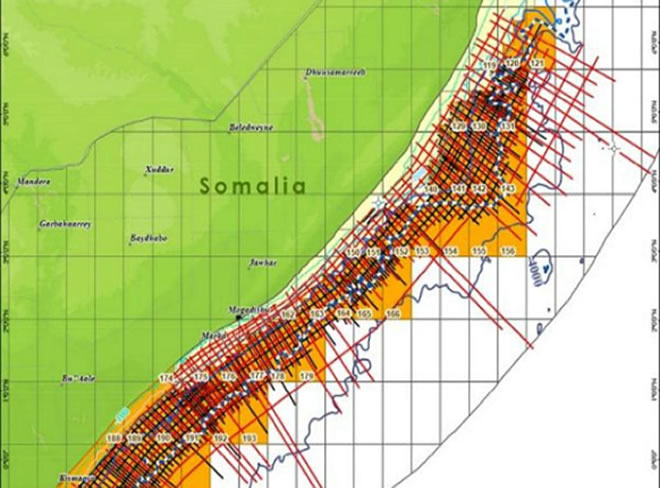The collateral side effect of this war turns EU/Europe into a crisis mode due to Russia using gas as a weapon. Gazprom on the 11th of July 2022 closed the North Stream 1 pipeline a pipeline that supplies directly to Germany. North Stream Pipeline was closed for 10 days and it is now operational though with less supply. EU and some other Eastern European countries heavily rely on Russian gas, which now turned to be problematic. For the first time in millennia countries like Germany, the EU’s largest economy and the world’s fourth is bracing for winter with gas supply uncertainty.
The EU/Eastern European is unprepared for an energy shortage and does not have a backup plan in terms of alternative gas supply sources. Even if Germany wants to import more gas from other sources, the EU/Eastern European, including Germany, has realized that it lacks the necessary infrastructure. What makes matters worse is that many gas-producing countries’ production and supply chains are already at capacity, i.e. they are operating at full capacity.
One way to ease the temperature is to make a quick short-term investment just like Italy did. Italy invested 1.5 billion Euros to the Algerian oil & gas industry.
To alleviate urgent uncertainty, perhaps, EU/Europe could increase its short-term investment in oil & gas producing countries such as Algeria, Egypt, and even Israel. These countries’ production capacity is limited but to ease these production bottlenecks EU/Eastern Europa could offer a quick investment instrument.
Many energy experts however maintain the long-term solution for the EU/European energy problem lays Africa. Many African countries possess abundant oil & gas reserves untapped and unexplored.
This giant potential could be harvested by the western world hence many of these African countries were past European colonies and European and American oil & gas drilling companies are very familiar with the continent and perfectly know which country has what oil & gas reserves.
Take the case of Somalia a former British and Italian colony with a perfect geographical location i.e. the Indian Ocean. Seismic data collected from half of Somalia’s offshore blocks by Spectrum ASA, now taken over by TGS and Soma Oil and Gas show a deposit of 30 billion barrels of oil.

With the volatility of the current stock market where the world’s most successful investors (check the latest interviews of Ray Dalio and Warren Buffett) are making pessimistic noises and asset diversification is becoming the norm, hedge funds and investment managers might turn to oil and gas exploration investment. The potential of exploring Somalia’s offshore oil could soon attract the eyes of many investors who are in the business of long-term investment.
Many western oil and gas conglomerates for a long time have shown interest in Somalia’s oil and gas potential. During my thorough research prior to writing this piece, I interviewed former and current Director Generals of Somalia Ministry of Petroleum and Natural Resources, I also interviewed both the current minister and his deputy. Through these interviews, I learned that Somalia is quite ready in terms of reduction in above-ground risks, legal framework, Production Sharing Agreement (PSA) plus the creation of an independent Somali Petroleum Agency. All of these contribute to a sustainable ecosystem that allows concessions to be presented to the interested parties.
The Somali government understands the diversity of interested companies incl. Some companies that only want to win a concession and want to hold on to that so-called “Real Estate type- a term coined by a senior western Oil & Gas company manager” companies and genuine multinational companies that have both the capability, capacity, exploration environmental impact awareness, maintain high standards of social responsibility, support the sustainable local community, investment resources, and possess the high quality to know how to explore Somalia oil and gas. The latter type of company is what Somalia is interested in and focuses on engaging with.
The benefit of making fresh exploration investment to Somalia’s oil & gas potential surely solves long-term oil & gas supply shortages to the EU/Eastern Europe, and the USA and could even ease global energy price fluctuations.
In summary, let us imagine the benefit drawn from materializing Somalia’s offshore exploration and the energy freedom that could render to the EU/Eastern European and the United States of America and also the impact a huge oil find and its production could have on the current unstable world energy market prices.
Abdi Musse: London UK & HoA based Global Geopolitics and current affairs commentator
Twitter: @a2zthings


